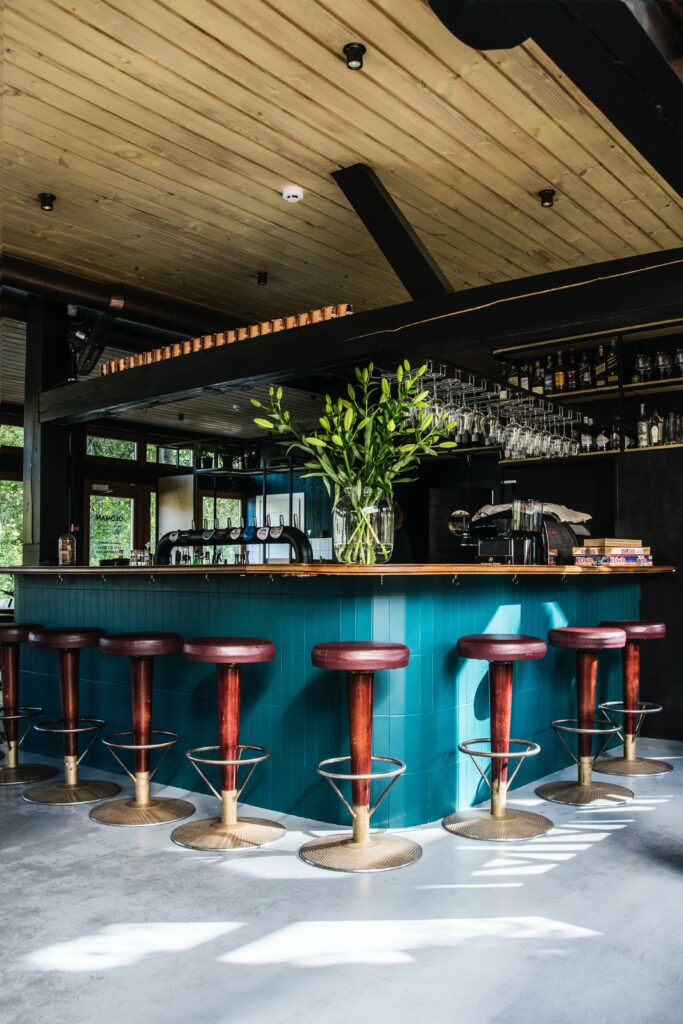The Role of Local Government in Alcohol Regulation

When it comes to alcoholic beverage regulation, most of the spotlight falls on federal and state laws. These regulations are essential in ensuring the safe and responsible production, distribution, and sale of alcoholic beverages. However, there’s a significant mistake that often goes unnoticed – the lack of attention given to local government ordinances and rules. In this post, we’ll explore why these local regulations are crucial for businesses in the alcoholic beverage industry, and how they impact retail sales in particular.
Cities and counties have a lot of regulation that applies to manufacturing, importing, distributing and selling alcoholic beverages. Any business that occupies a physical space must be focused on the local ordinances and regulations that apply to doing that business in that space. Almost every aspect of the alcoholic beverage industry involves physical products that are made, received, stored, or served in a physical space. This means that almost every alcoholic beverage industry member depends on one or more physical spaces for its business. This dependence warrants greater attention for complying with city and county regulations.
Local Ordinances and Rules Matter
Local regulations apply to various aspects of the alcoholic beverage industry, including manufacturing, importing, distributing, and selling. Since almost every facet of this industry involves physical products that are made, stored, or served in specific spaces, understanding and complying with local ordinances is vital. This is especially true for retail sales, where federal regulations have minimal influence and state regulations only provide a broad framework.
In a state like Florida, which boasts 477 municipal governments, including counties, cities, towns, and villages, the diversity of local ordinances can be overwhelming. However, these regulations generally fall into five categories, each managed by a specific municipal department:
- Zoning Department: Zoning laws divide a municipality into different zones, such as residential, commercial, and industrial. This department ensures that intended uses, like alcoholic beverage activities, are suitable for specific locations. In some cases, conditional use permits may be required.
- Building Department: Responsible for reviewing and approving changes to building structures, including internal modifications. Businesses may need permits for renovations related to bathrooms, sprinklers, and plumbing, depending on proposed changes like seating arrangements.
- Local Business Tax: A local business tax receipt, or BTR, is essential for operating a business in a county. It’s a requirement for any business that provides goods or services to the public, including those operating from private residences.
- Fire Marshal: This office focuses on fire prevention, plan reviews, construction inspections, and compliance with the Florida Fire Prevention Code. New uses may require additional safety measures such as hydrant hook-ups or sprinklers.
- Health Department: In Florida, bars and lounges that don’t prepare food fall under the regulation of the Health Department. They can serve prepackaged or “bar” type food and non-hazardous snack foods, but they are not permitted to prepare food themselves. The Florida Health Department operates at the county level.
Conclusion
In the world of alcoholic beverage regulation, it’s easy to fixate on federal and state laws. However, local ordinances and rules play a pivotal role in ensuring that businesses in the industry operate safely and in compliance with community standards. Retail sales, in particular, are subject to numerous local regulations, which can vary significantly from one municipality to another.
To avoid costly mistakes and potential legal issues, it’s essential for businesses in the alcoholic beverage industry to pay closer attention to these local regulations. By working closely with the relevant municipal departments, they can ensure that their operations align with the unique requirements of their location. In the end, a comprehensive understanding of both federal and local regulations is the key to a successful and legally compliant alcoholic beverage business.
Because we’re attorneys: Disclaimer. Published 09/10/2023.

